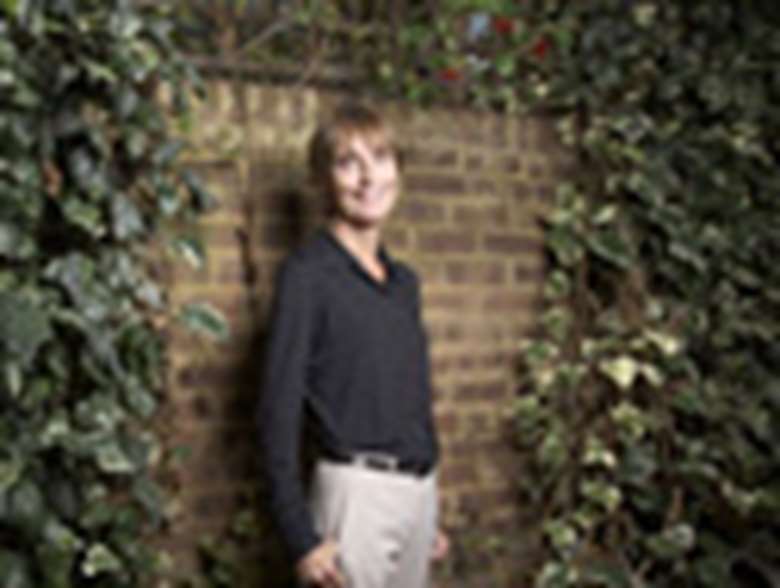Interview: More than just a name - Clare Tickell, chief executive, Action for Children
Tristan Donovan
Tuesday, September 16, 2008
NCH is dead. Long live Action for Children. This week, after 139 years of working under the National Children's Home or NCH banner, the charity changed its name.

The reason for the change is simple, says chief executive of nearly four years, Clare Tickell: barely anyone is aware of the charity.
"If you stop to ask people in the street, only one per cent knows who NCH is," she says. "This is incredibly low given we are one of the largest children's charities in the country."
The NCH name also confuses people, she adds. "The initials NCH stand for National Children's Home, but almost everything we do now is community-based," says Tickell. "The name doesn't describe what we do so we decided to rename ourselves as Action for Children. It says what we do on the tin."
Tickell won't say quite how well recognised Action for Children - which is one of the "top five" children's charities - needs to become for the charity to feel its rebrand has been successful. But she says it's not about competing with counterparts such as better known Barnardo's: "There's room for all of us".
But the name change aims to achieve more than simply to lift the charity's dire public profile. It is part of a wider programme to reshape the charity's operations.
The most visible change between Action for Children and NCH will be a greater emphasis on campaigning. "At NCH we have always considered it important to concentrate on the services we offer. Now we want to continue that but we also have a responsibility to speak out on behalf of those we work for," she says.
Action for Children's debut campaign will be launched tomorrow (18 September) and until it is unveiled Tickell is remaining tight-lipped. What she will say is that it builds on NCH's Growing Strong initiative, which sought to promote the need to improve children's wellbeing.
Tickell says this new campaigning agenda will be based on two ideas: to get children and young people's views into the public domain and to use the knowledge the charity picks up from its services to inform its work.
But with the vast majority of Action for Children's income originating from local authority contracts, carrying out this campaigning work relies on another key part of the charity's reforms - to raise more money from public donations so it can do the work it wants to.
"It gives us our independence so we can speak out on behalf of children and young people," she says.
The other benefit of public donations, she adds, is that the charity can spend more time developing new projects such as its pioneering Dundee Family Project. The Dundee initiative supports families facing eviction due to their antisocial behaviour and inspired the government to adopt the model for use across England.
Not all the changes going on at Action for Children are external; the charity is currently centralising its back office teams and buying new IT equipment. Tickell says the savings the charity will make will more than pay for the IT systems it is introducing over the long term and says the job losses resulting from this change "aren't huge".
But despite these changes providing services on behalf of local government is still going to form a major part of Action for Children's activities, which raises important questions about how independent it can really be.
Tickell says clarity of purpose is the way to deal with this potential conflict. "If you are clear on your core mission and confident you won't compromise, then I think it's fine to get involved in providing public services."
BACKGROUND - 139 YEARS OF A CHARITY
- The charity was formed in 1869 by Methodist minister Thomas Stephenson as National Children's Home
- It later abbreviated its name to NCH and from 18 September 2008 becomes Action for Children
- The charity works across the UK helping more than 103,000 children and young people each year through its 427 projects and seven offices
- As well as its work in the UK, the charity supports work with children in southern Africa, the Caribbean and central America
- Its patron is The Queen
- It promotes social justice by lobbying and campaigning for change.





